Students & Postdocs
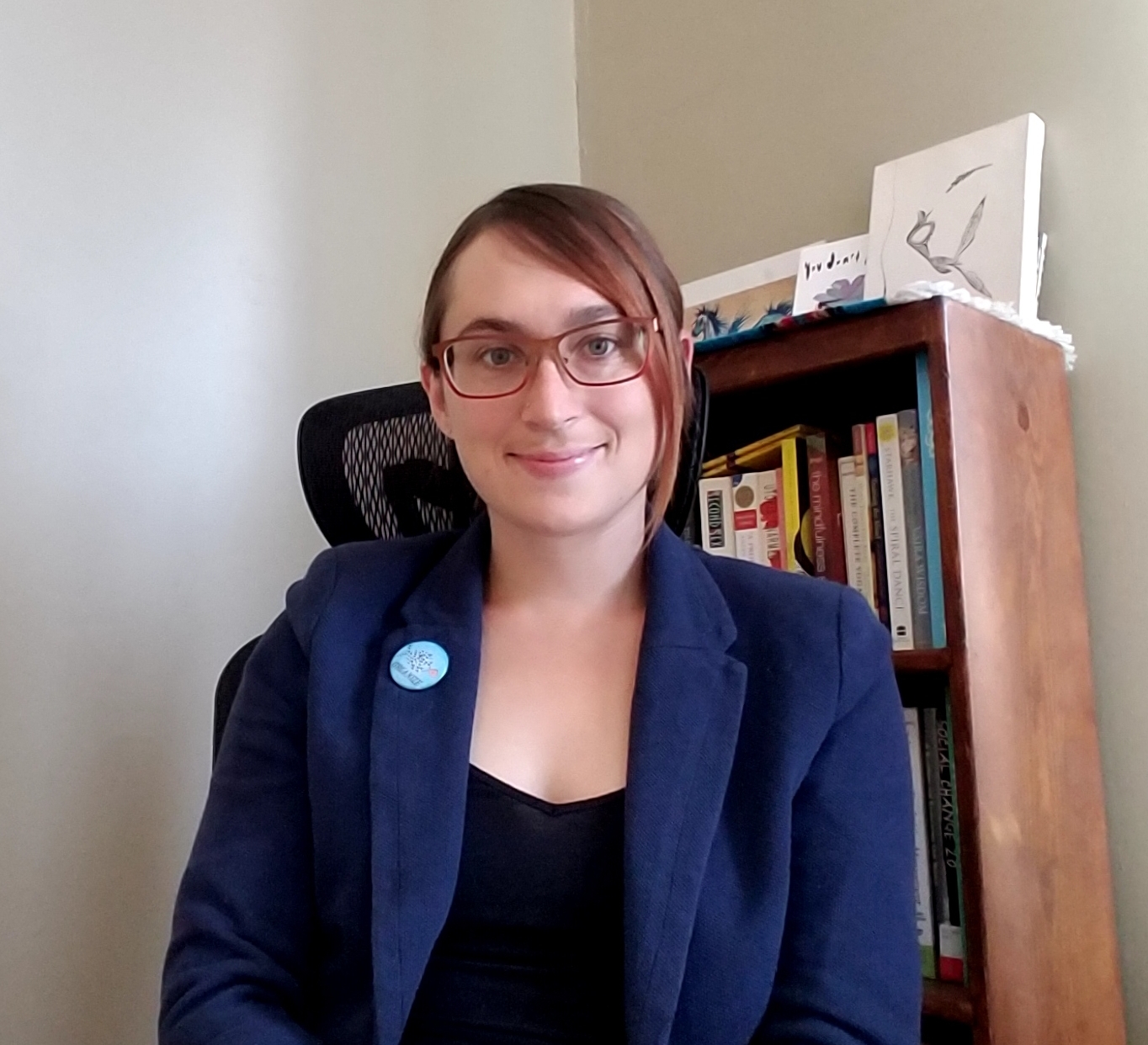 Morgan Carnes, Ph.D. Student, University of South Dakota
Morgan Carnes, Ph.D. Student, University of South Dakota
Morgan is a research assistant pursuing a Ph.D. in sustainability. Her research focuses
on collecting data on social values regarding land use and ecosystem services in the
Upper Missouri River Basin (UMRB). This data will be mapped using ArcGIS software
called SolVES or Social Values for Ecosystem Services to determine social values typologies
in areas throughout the UMRB which experience high levels of land use change.
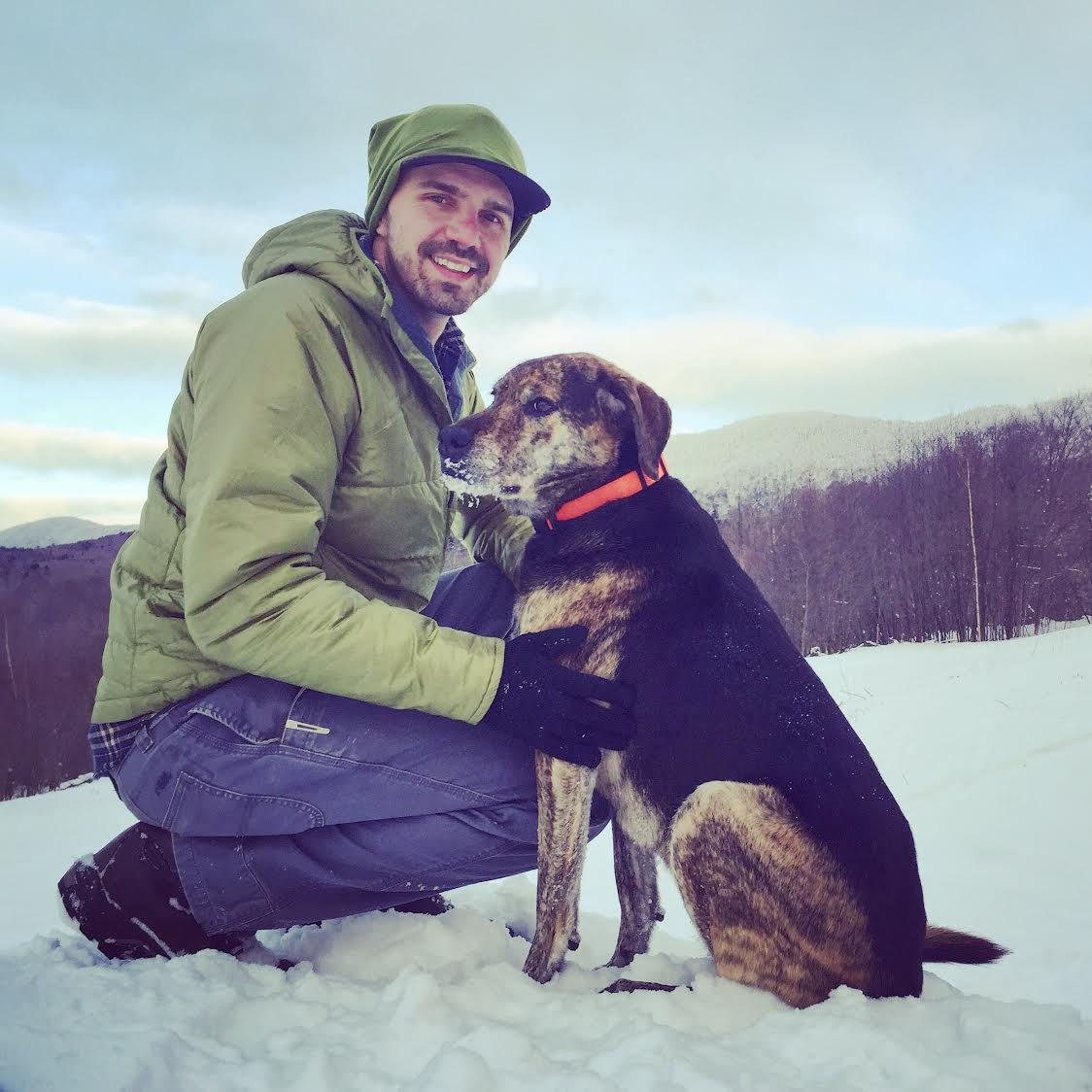 Justin Gay, Montana State University
Justin Gay, Montana State University
Justin Gay is a Ph.D. student in Ecology and Environmental Sciences at Montana State
University. He comes to Montana from the Northeast where he spent the last 3 years
teaching high school AP environmental science in Middlebury, Vermont. In addition
to teaching he has spent the last two summers working as a researcher at the University
of Arizona’s Biosphere 2, and the National Center for Atmospheric Research in Boulder,
Colorado. He has most recently worked on two projects respectively titled, The Effect
of Drought on Stomatal Conductance in the B2 Rainforest and Analyzing Accuracy of
the Lufft WS600 in Remotely Measuring Precipitation Events. This work inspired his
love for terrestrial ecosystem ecology; his research interests now focus on exploring
the link between plant communities and shifts in ecosystem level fluxes of water,
nitrogen, and carbon in relation to changing climate. Justin received his B.S. in
Environmental Science from Endicott College, and holds an M.A.T from the University
of Vermont.
For the WAFERx project, Justin will be working with Dr.Jack Brookshire and focusing on the quantification of biogeochemical cycles in the agricultural field plots. Specifically, they are interested in following changes in dissolved nitrogen concentration from soil leaching, and gaseous N2O fluxes. They also hope to use the findings from their fieldwork to illuminate new benchmarks to be incorporated in current global LPJml nitrogen cycling models.
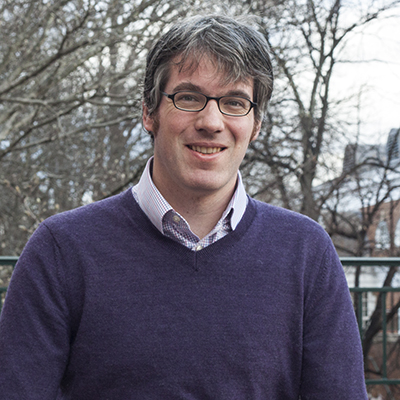 Tobias Gerken, Montana State University
Tobias Gerken, Montana State University
Tobias Gerken is a Postdoctoral Research Associate at Montana State University, investigating
land-atmosphere interactions and specifically the surface-atmosphere exchange of water,
sensible and latent heat as well as carbon dioxide using measurements and numerical
models. His current research focuses on climate trends in the northern Great Plains
and their effect on the surface energy balance as well as convective development and
precipitation.
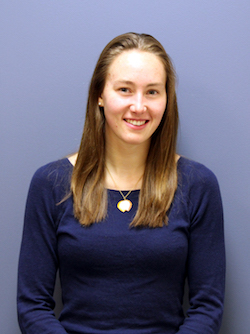 Hannah Goemann, Montana State University
Hannah Goemann, Montana State University
Hannah is from Wells, Minnesota and received her BA in biochemistry from the University
of Minnesota Morris (UMM). While at Morris she conducted several studies on microalgae
for biofuel applications including investigating carbon partitioning under bicarbonate-induced
lipid production, viral interactions, and local isolate identification and characterization.
She also worked for the UMM Office of Sustainability and conducted a study involving
making biodiesel from campus waste oils.
Now at MSU, Hannah is working in Dr. Brent Peyton’s lab while pursuing a Ph.D. in the Microbiology and & Immunology Department. Her part of the WAFERx project includes tracking nutrient cycling in crops with the application of a cyanobacterial biofertilizer as well as monitoring changes in the soil microbial community. In the future she plans to pursue a career that combines her passions for environmental sustainability and scientific research.
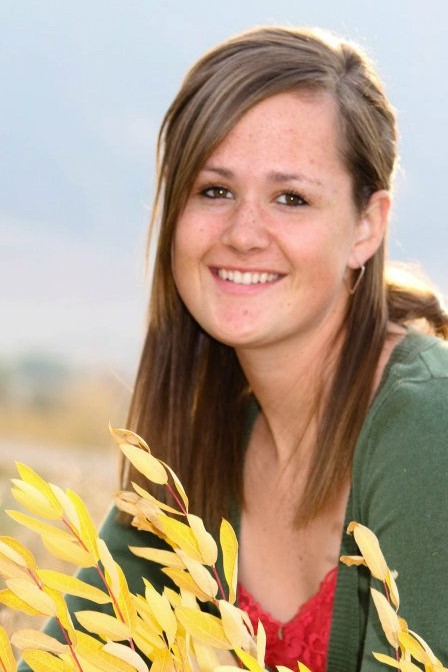 Eilish Hanson, University of Wyoming
Eilish Hanson, University of Wyoming
Eilish Hanson is a graduate student at the University of Wyoming, pursuing a Master’s
Degree in Agricultural & Applied Economics. She received a dual Bachelor’s Degree
from UW in Business Administration and Agricultural Communication with minors in Agricultural
& Applied Economics and Finance.
Eilish will be working on the WAFERx project with Dr. Ben Rashford, Dr. John Ritten, and research scientist Amy Nagler to understand the farm-level economic impacts, such as profitability, risk, and cost of production, associated with BECCS (bio-energy with carbon capture and storage) scenarios in the Upper Missouri River Basin.
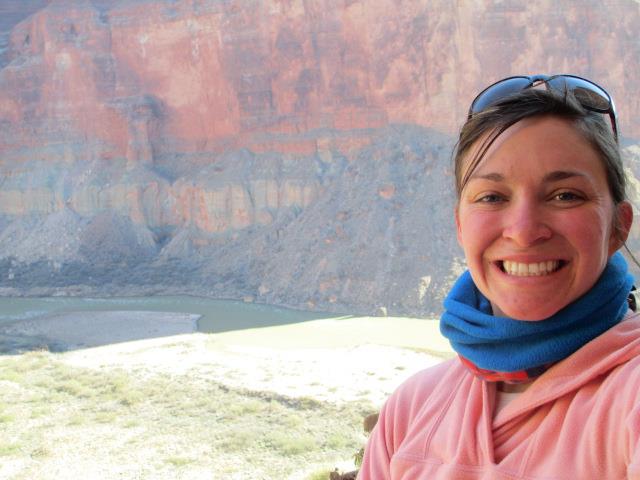 Kelli Roemer, Montana State University
Kelli Roemer, Montana State University
Kelli Roemer is a Ph.D. student in Earth Sciences at Montana State University. She
has served two AmeriCorps member terms in Helena, Montana and Lakeview, Oregon. This
work inspired her research interests in natural resource management, energy planning,
and rural community development.
For the WAFERx, Kelli will be working with Dr. Julia Haggerty to investigate the human dimensions of rural land use change and the land use-energy policy nexus. She has received her M.S. (2017) in natural resources from University of Idaho; and her B.S. (2012) in resource conservation from University of Montana.
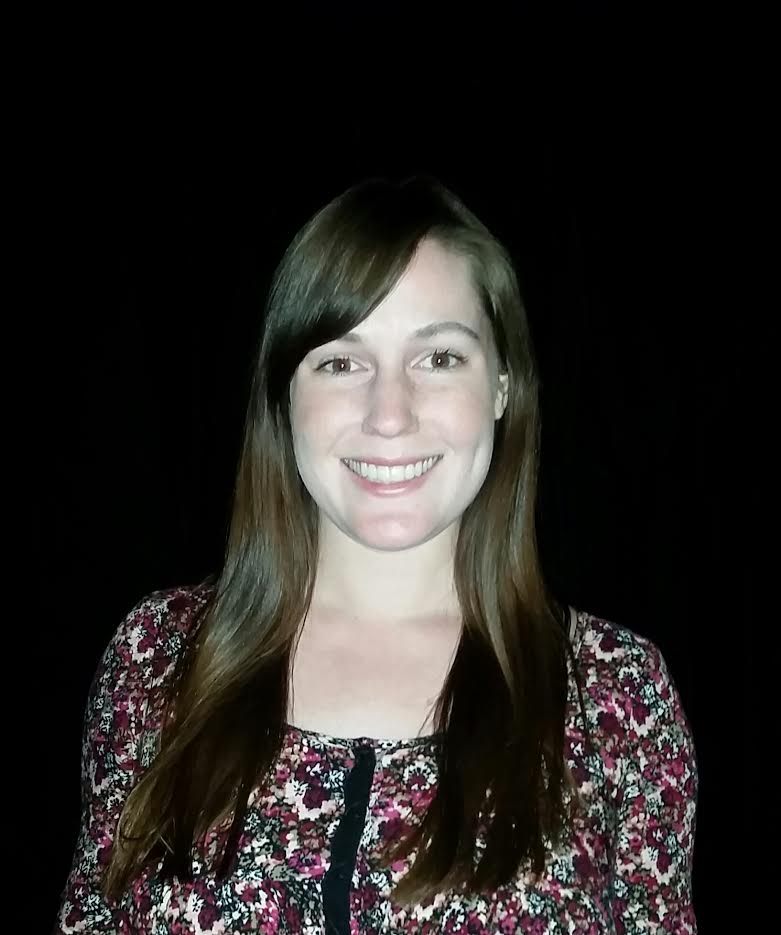 Erin Smith, Montana State University
Erin Smith, Montana State University
Erin Smith is a graduate student working towards her master's degree in Sustainable
Food Systems at Montana State University. Erin received her bachelor's degree in Environmental
Science at the University of Arizona where she spent the last two years of her undergraduate
career diverting food waste from landfills to promote food security and sustainable
soil amendments in her community.
Her thesis work and contributions to the WAFERx project utilize social research methods to explore the role of wild food biodiversity on food security and cultural value among members of the Flathead Reservation in Montana within the context of local environmental change.
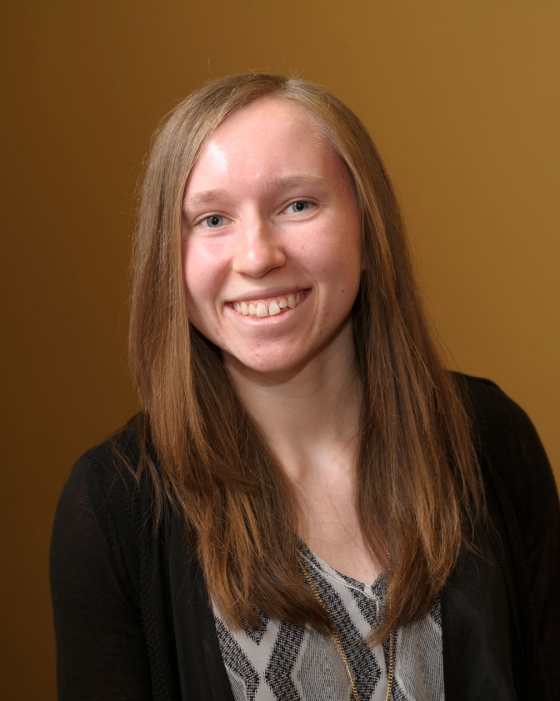 Natalie Sturm, Montana State University
Natalie Sturm, Montana State University
Natalie Sturm is an undergraduate student at Montana State University. Her lifelong
interests in agriculture and environmental issues led her to the Sustainable Food
and Bioenergy Systems program at MSU. Sturm's interests include grazing and rangeland
management, soil carbon sequestration, agroecology, agricultural policy, and community
resilience. Sturm is a summer research intern working with the Resources & Communities
Research Group. She is involved in a project on sustainability and land use transitions
in the Northern Great Plains.
The Resources & Communities Research Group has a number of related projects that tackle questions of community resilience in the context of these wrenching changes in the NGP region. These include studies of the impacts of buffalo restoration for Native American nations of the Fort Peck reservation; documenting trends in ranch ownership and management; examining the institution context shaping reclamation and transition policies for coal and oil; and working directly with communities to assess strategies that build resilience.
Sturm's work involves contributing to all of these research efforts while gaining a range of critical skills for a social-ecological systems researcher. Specifically, Sturm’s project involves the following activities:
- Expanding and refining a literature database on agricultural sustainability, community development, water quality and energy development in the Powder River Basin;
- Provide organizational and research support to (and attend) the June 6-9 workshop “Restoration and Resilience in the Grassland-Energy Overlay";
- Develop an independent research project focused on agricultural communities;
- Assist in field research as a note taker, observer and coordinator as needed;
- Participate in other lab activities on an ongoing basis, including field trips and lab meetings
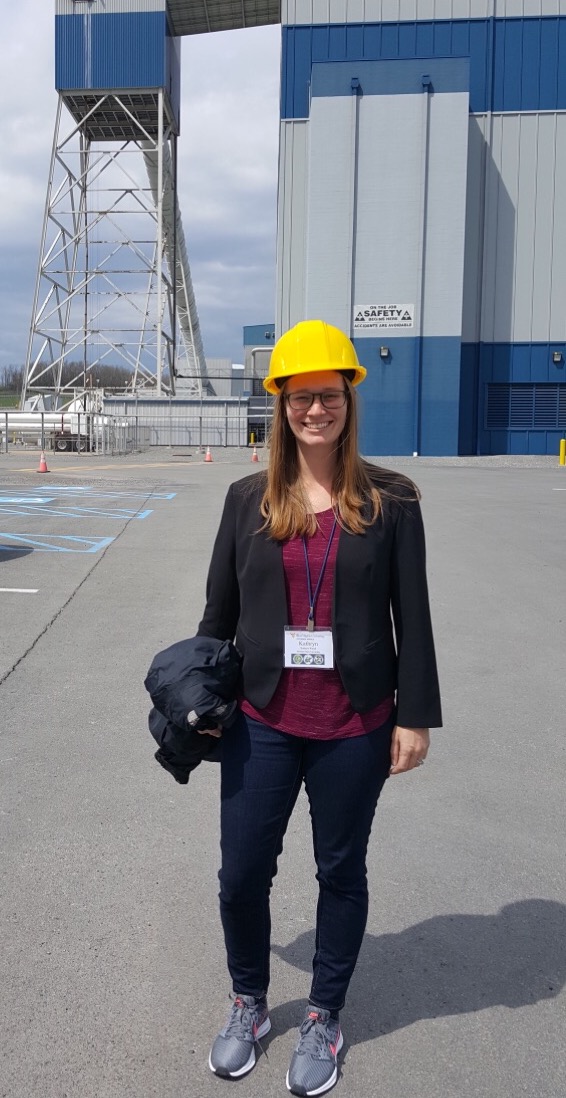 Katie Bills Walsh, Montana State University
Katie Bills Walsh, Montana State University
Katie grew up in north central Connecticut, and studied geography and secondary education
as an undergrad at Keene State College in Keene, NH. Upon completion of her degree
she immediately re-located to Victoria, BC, Canada to pursue a Master’s degree in
Geography. At UVic Katie researched public park spaces established and designed for
use by older adults. There her interest in landscape developed which has now inspired
her work as a doctoral student in the Earth Sciences Department at Montana State University.
Katie is presently working towards an integrated human geography PhD focusing on energy
development, landscape and reclamation in the U.S. West. Prior to beginning her PhD
she was an adjunct faculty member in the Geography Department at Keene State College
teaching multiple courses including Geography of the U.S. and Canada, Environmental
Geography, the Geography of Aging, and a field studies course in the U.S. desert southwest.
Katie is currently pursuing her PhD in Energy and Resource Geography. Nested within the Earth Sciences Department, in Dr. Julia Haggerty’s Resources and Communities Research Group.
Katie's work on theWAFERx project concerns the regulatory space surrounding existing coal plants located in the Upper Missouri River Basin, specifically Montana, Wyoming, North Dakota and South Dakota. She created an inventory of all active coal-fired power plants in the region, including their source mines and generation capacity, with their approximate decommissioning dates. She researched the existing federal and state-level policies surrounding coal plant decommissioning and remediation requirements to understand the current state of the regulatory environment. Additionally, Katie I followed legislative developments concerning the Colstrip Generating Station, the second largest coal-fired power plant west of the Mississippi River, located in southeastern Montana, to understand the political rhetoric that informed policy decisions in Montana's 2017 Legislative Session. The questions guiding this research include:
- What is the present status and possible future of existing coal-fired generation and associated coal mines in the Upper Missouri River Basin?
- What existing laws and policies stipulate the environmental and social-economic standards for plant decommissioning? How do these laws differ by jurisdiction?
- What current legislative initiatives in Montana address the future of the Colstrip Generating Station and how do these proposals address social-economic and environmental restoration?
 Teresa Warne, Montana State University
Teresa Warne, Montana State University
Teresa Warne is a new graduate student working toward a Master's of Science in Sustainable
Food Systems through the Department of Health and Human Development. She Received
her BS in Environmental Science at Montana State University in 2005.
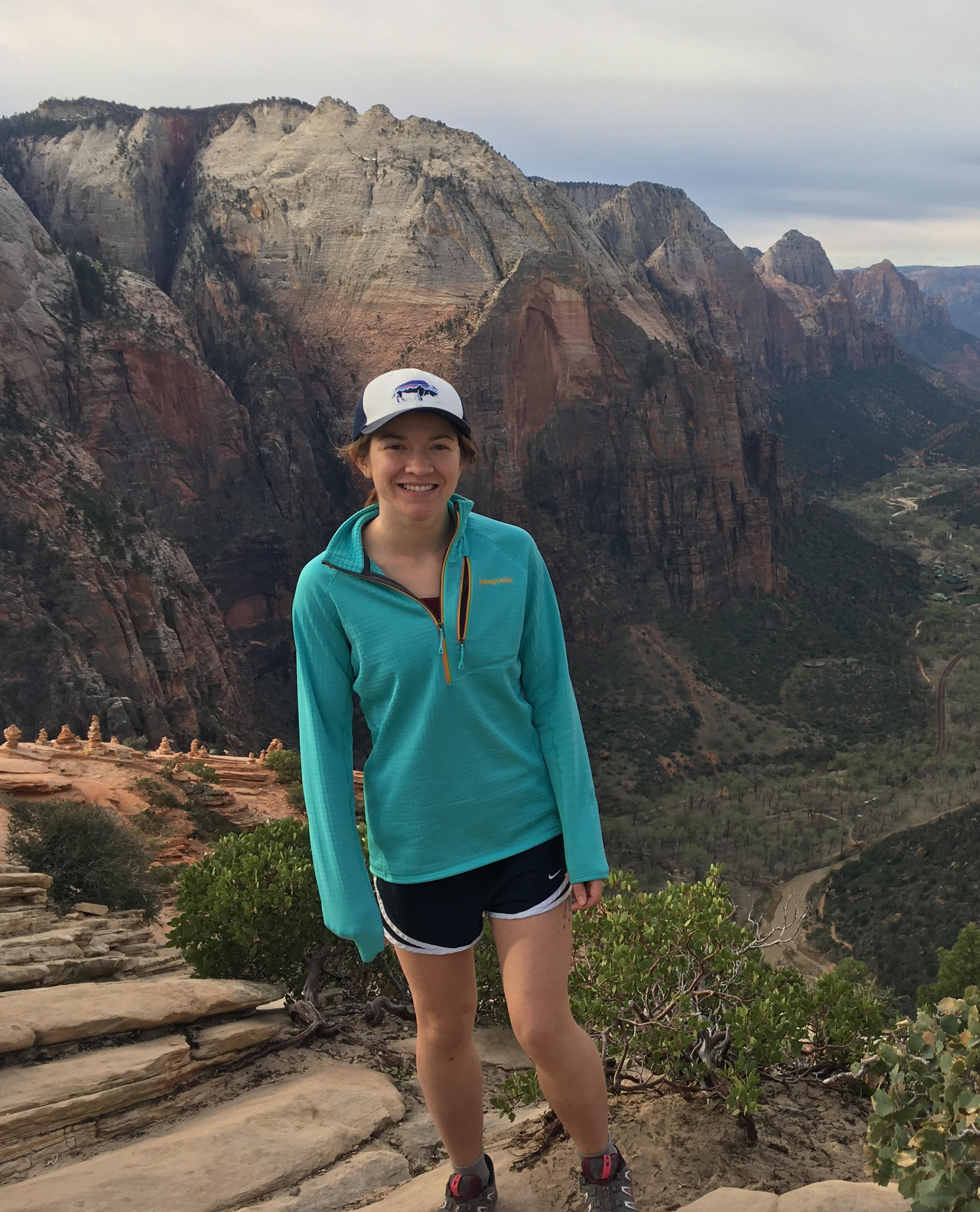 Skylar Williams, Montana State University
Skylar Williams, Montana State University
Originally, from St. Louis, MO, Skylar studied meteorology at the University of Oklahoma.
During her time in Oklahoma, she worked at the National Severe Storms Laboratory on
the SHAVE (Severe Hazards Analysis and Verification Experiment) and MYRORSS (Multi-Year
Reanalysis of Remotely Sensed Storms) projects. In addition to these projects, she
studied extreme rainfall events in the Arkansas-Red River Basin.
After graduating in 2015, she moved north to work on a Master’s degree at the University of Wisconsin-Madison in Atmospheric and Oceanic Sciences where her focus was on validating commercial aircraft moisture observations.
At Montana State University, Skylar will be pursuing her PhD in Ecology and Environmental Sciences. On the WAFERx project, she will be studying climate extremes and the climate consequences of land management in the Upper- Missouri River Basin.
